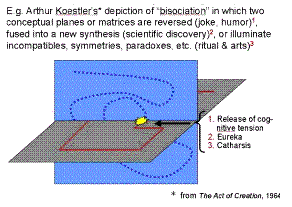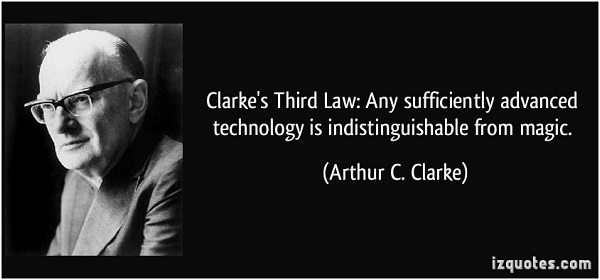Quick notes on intelligent intelligence, 2
Wednesday, September 7th, 2016[ by Charles Cameron — on a quote from my fellow whacky Brit, Geoffrey Pyke ]
.
Whacky? From a short description of the man by his biographer, Henry Hemming:
Geoffrey Pyke, an inventor, war reporter, escaped prisoner, campaigner, father, educator–and all-around misunderstood genius. In his day, he was described as one of the world’s great minds, to rank alongside Einstein, yet he remains virtually unknown today. Pyke was an unlikely hero of both world wars and, among many other things, is seen today as the father of the U.S. Special Forces. He changed the landscape of British pre-school education, earned a fortune on the stock market, wrote a bestseller and in 1942 convinced Winston Churchill to build an aircraft carrier out of reinforced ice. He escaped from a German WWI prison camp, devised an ingenious plan to help the Republicans in the Spanish Civil War, and launched a private attempt to avert the outbreak of the Second World War by sending into Nazi Germany a group of pollsters disguised as golfers.
Whacky!
And for good measure, here’s Jami Miscik on oddballs:
To truly nurture creativity, you have to cherish your contrarians and give them opportunities to run free. Leaders in the analytic community must avoid trying to make everyone meet a preconceived notion of the intelligence community’s equivalent of the “man in the gray flannel suit.”
and Reuel Marc Gerecht:
And the service can ill-afford to lose creative personnel with a high tolerance for risk.
It’s a sad fact that the folks who are in government, especially in the “elite” services of the CIA and the State Department, aren’t what they used to be. They are, to be blunt, less interesting. There are vastly fewer “characters” -— the unconventional, often infuriating, types who give institutions color and competence.
**
Okay, here’s Geoffrey Pyke in his own capital letters:
EVERYTHING IS IRRELEVANT TILL CORRELATED WITH SOMETHING ELSE
And why does that interest me?
Well first, today it corroborates my comment just now on David Barno and Nora Bensahel and the importance of their suggestion that “The Army should also reinstate the requirement for every career officer to develop skills in two specialties.”
And then second, because I have been saying for a while that:
Two is the first number
and quoting along the way Aristotle, Jung, and the tenth-century Rasa’il Ikhwan al-Safa’..
**
For these reasons, and with a hat-tip to Bryan Alexander, I cherish the contrarian intelligence of Mr Pyke.







